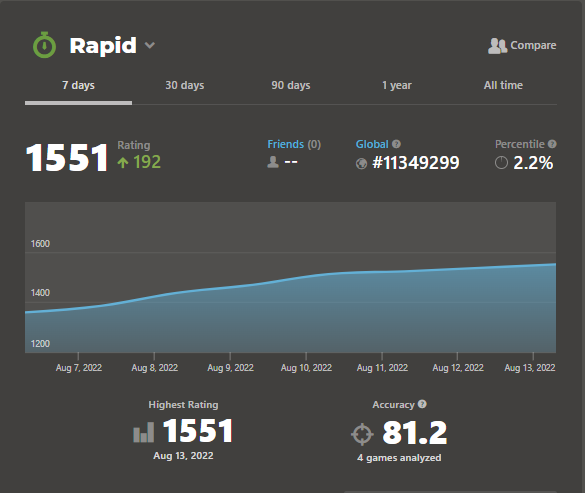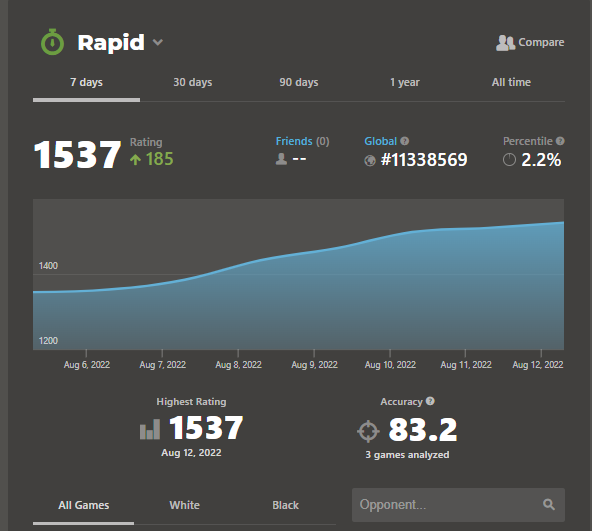I’m not claiming salt is definitely “good” or “bad” btw. But I have enough personal reasons (ie gastric cancer) to be wary of going “too high” on it. Some takeout meals can have 7 g of salt in it.
Yeah, the salt thing may be U shaped and really more of a concern in hypertension and heart failure.
The salt substitution trial may be of interest, because large sample size open-label, cluster-randomized trial in rural China for 100% NaCl vs 75% NaCl/25% KCl. This on top of Mendelian randomization is enough for me to keep the low salt intake rec for those at risk, especially if they have genetic risks/older adults that appear to be salt-sensitive.
I reanalyzed my 23andme data and found I had a Salt Wasting SNP. That explains my craving for salt and also fatigue and confusion if I do not supplement a lot of salt. I cannot eat enough. My mom and one brother also crave salt. We all have a a history of low blood pressure. However, before I knew about adding salt, I was the only one of us with POTS, getting dizzy or fainting if I got up too fast. This has not happened since I added the salt. I was diagnosed with chronic fatigue syndrome about 20 years ago. I have mostly solved that. Now I notice that when I am too fatigued to do anything, a couple beverages with a half teaspoon of salt often it.pretty quickly. I have also noticed that I only have this fatigue if I had been too busy to supplement enough extra salt I the previous day. I had a bunch of labs related to minerals drawn a month ago and I still have not got many results back. I have an appt with my doc next week to talk about Fludrocortisone, a mineralocorticoid that works like aldosterone.
I am 70 yo.
Interesting. I also suffer from CFS (likely due to Crohns Disease)… but have partially improved in recent years but still have ‘episodes’. I will try the teaspoon of salt, and see if that works.
Maybe you should try taking noopept right before the next big game.
It does really help with focus and it can be quite dramatic the first time you try it.
Unfortunately, I have never taken anything that my body so quickly adapted to.
Now, I take it occasionally, but like l-theanine, it is only mildly noticeable, but supposably is neuroprotective.
I take it if I am going to do something mentally challenging.
I’m an avid player as well. Well, I used to be, a long time ago.
I find - as mentioned below - being stress free definitely plays a positive role in chess.
I got my puzzle rating up to 2300 during such a period, several months ago.
Nice post.
Keep updating as time goes on.
Don’t let the detractors influence your positive contribution.
Last one I promise

I will definitely be giving L-Theanine to my son for his GCSEs next year!
Please explain a bit more about Salt Wasting SNP.
I reanalyzed 23and me data in several websites. Promethiase and Nutrahacker were two of them. One analysis reported on a Salt Wasting SNP but I do not remember which one. Likely promethiase because they report more SNPs than the others. I did the analysis many years ago and I do not remember it it was hetero or homozygous. When I did some research, I realized “salt wasting” described my salt craving. And being genetic, it also explains why my mother and a sibling shared the same salt craving. That is all I know. I do not have time to go over my reports.
Ok. You’ve got me interested in your cognitive ranking game. Where do I find it? I’d like to get a baseline score. ![]()
Free providing you don’t want unlimited puzzles & game analysis
I think you’ll need to play a dozen games for the algorithm to get a ball park estimate of your Elo
You’re from England so I take it you were already drinking lots of tea?
I got a 24 hour urine lab test for sodium. My blood sodium was high normal because I take a lot of supplementary salt. My urine salt as 4x the high end of the normal range. The difference indicates hyponatremia (low blood sodium). Here are the symptoms:
- Nausea with vomiting.
- Fatigue.
- Headache or confusion.
- Cramps or spasms in your muscles.
- Irritability and restlessness.
- Weakness.
Have all these except nausea when I do not supplement enough salt.
I have SNPs that keep my kidneys from retaining enough sodium. I know that I’ve always had low blood pressure and when younger, if I jumped up too fast I would get dizzy or sometimes faint. I had labs done where we measured serum sodium and also urine sodium and my serum sodium was at the high end of normal. This was with a quarter to half a spoon of salt with everything I drink and large amounts of it used in cooking. The salt in my urine was four times above the high end of the reference range.
If I don’t stay on top of supplementing a lot of salt, I wake up sluggish and confused. Drinking salted water fixes it pretty quickly.
So I add salt to coffee to fix a specific problem. I wouldn’t recommend it to anyone else without testing. But it does explain why I crave salt as did my mother. Now my coffee doesn’t taste good without it and when I cook something that should be two servings, I put in a teaspoon of salt.
I figured out there was a problem with salt when living in the Tucson desert in the summer. I would drink water and it would stay in my stomach and I wouldn’t perspire. I thought about why that might be and drank a bunch of pickle juice and started sweating in just a few minutes. Eventually I developed the regime of premixing salt and water for my daily drinking. I have three siblings and one of them heavily salts food. We used to make fun of him. I don’t know how much he perspires but I know if I don’t consume a lot of extra salt, I don’t perspire. And my mother rarely perspired
Does anyone know more about the L Thianine content in Green Tea Extract? Most GTE supplements focus on EGCG but don’t mention L Thianine which makes me wonder why. I assumed that taking GTE would give me a healthy dose of L Theanine.
Here’s what a google search found:
A good overview of L Thianine - What is L-theanine? Benefits, History, and Science of Green Tea Extract
A supplement that says - Green Tea Extract Q&A – Zhou Nutrition
Q: How much L-theanine is there in Green Tea Extract?
A: There is a very small amount of L-theanine present (less than 5mg per serving).
And 2 Green Tea Extracts that focus on L Theanine:
Does anyone know if the normal process of making GTE decreases or destroys L Theanine?
Find this very interesting. I suspect I might have a bit of same problem. Had always a bit of low blood pressure, and if I’m seating and stand up fast i at times fall. Use salt liberally but never thought of it to test. I’ll use a bit more salt with food, as do have most of the symptoms (you mentioned earlier)other than nausea.
Our salt problem is called hyponatremia or salt waster.
I discovered that I cannot eat enough salt to keep my sodium levels high enough to keep me functioning optimally. I will get a craving for salty food like potato chips or corn chips and I would eat a whole bag of a sitting. It took a couple decades to figure out that it was because I needed salt.
I don’t know if my problem is that I’m passing too much of all the electrolytes or only sodium. I suspect it’s sodium because when I’ve got electrolyte mixtures with other minerals it didn’t make any difference but if I had simple salt, everything was fine again.
There’s quite a bit on theanine and cognition. Before I retired, I worked a lot with ADHD people.
They used caffeine with ADHD before they used stimulants. The two main subtypes of ADHD are inattentive and hyperactive.
Many clinicians use a computerized continuous performance to measure these two symptoms.
TOVA, Connors and IVA are three different brands of these tests. I used to describe them as the most boring video game in the world. You’d give it to somebody and their task was to press a button whenever they saw a certain stimulus on the screen. And the test has to be 15 or 20 minutes long because most people can focus for a few minutes. The longer test tires them out and makes them get bored so they start making a lot more errors in the second half the test and in the first half of the test.
These tests measure three kinds of variables. The first are errors of omission when the kids space out and miss the presentation of the stimulus. The second are errors of commission when the kid is so hyper that she pushes the button before she actually sees what’s on the screen and presses it when she shouldn’t. The other variable you look at is variability of response time. This measures how consistently a person can pay attention. With high variability they’re on top of it sometimes other times they’re a hyper and they press it too soon and other times they zone out and miss the stimulus.
I read an article showing that if you get a kid with ADHD and give her caffeine, she stops making errors of omission, zoning out and missing the stimulus. But she starts making more errors of commission because she gets hyper. If you give her theanine, she calms down and stops making errors of commission but starts making more errors of omission.
The sweet spot is to use both. I frequently do this with a coffee and some powder theanine powder. Or if I’m having a more leisurely morning, I’ll use expensive shade grown Japanese green tea. This kind of tea has more caffeine and more theanine. It’s also more labor to produce because traditionally they would have racks between the rows of tea bushes and hang rice straw mats for shade. Now they use plastic tarps but it’s still more labor.
It is also more expensive because it’s psychoactive effect is more fun. Like a White Russian with alcohol and caffeine, it is calming and activating at the same time.
Here’s a recent review on the synergistic effect between caffeine and theanine:
